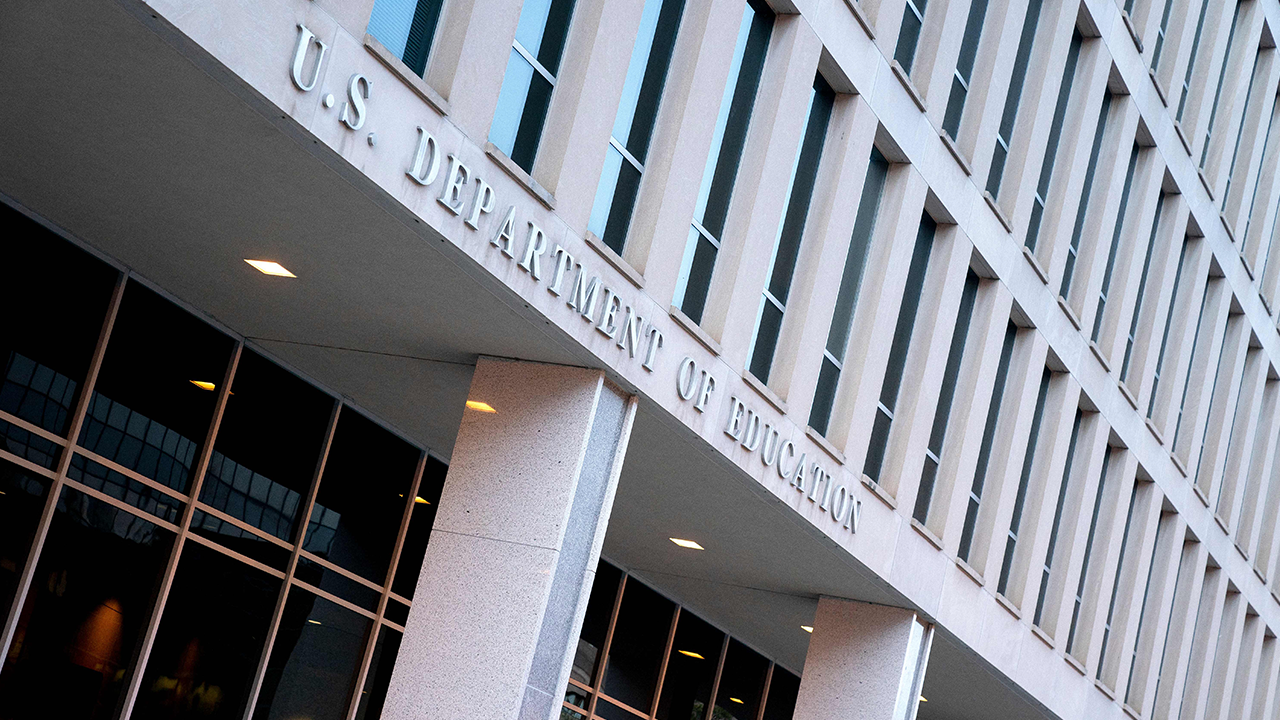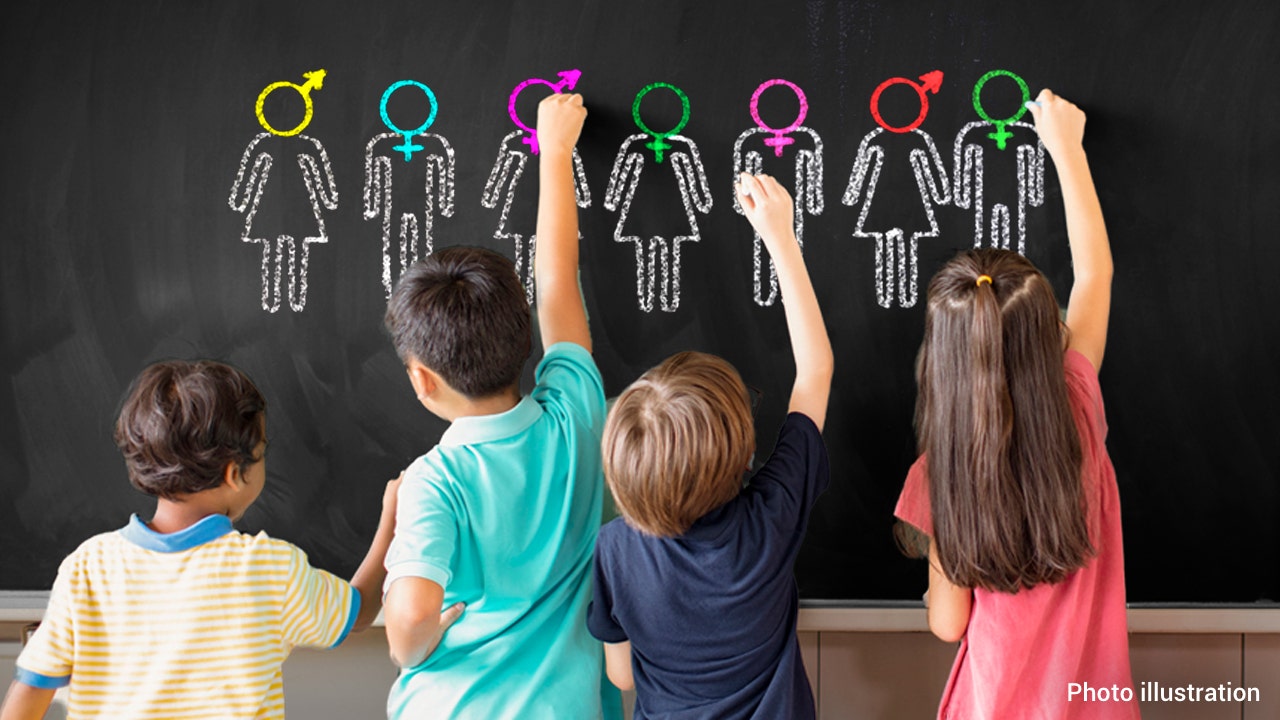In the Harvard and University of North Carolina affirmative-action cases, the Supreme Court has the opportunity to end our system of racial spoils in higher-education admissions. Indeed, recent arguments showed that a clear majority of justices are uneasy at best with the blatant use of racial preferences that especially harm Asian-American applicants.
The man-eating plant of racialist university bureaucracy—the DEI (Diversity, Equity, Inclusion) offices whose tentacles ensnare those who deviate from progressive orthodoxy—germinated from a seed planted by Justice Lewis Powell in Regents of the University of California v. Bakke (1978). Four justices would’ve banned racial tinkering altogether, but Powell called “diversity” a compelling state interest. That conceit is now at the heart of the higher-education mission, superseding even the search for knowledge and free exchange of ideas.
A quarter-century after Bakke, a narrow Court majority in Grutter v. Bollinger (2003) codified Powell’s understanding, although swing Justice Sandra Day O’Connor expressed the expectation “that 25 years from now, the use of racial preferences will no longer be necessary to further the interest approved today.” Well, here we are nearly 20 years later, and race-conscious admissions programs have, if anything, become more ingrained and systemic.
This time, however, those challenging the higher-education establishment, a group called Students for Fair Admissions, are likely to get six votes. The typically most “gettable” vote for progressives, Chief Justice John Roberts, has shown no sign of squishiness in race cases. He was after all in dissent in the Court’s last affirmative-action case, Fisher v. UT-Austin II (2016), and in a 2007 school busing case famously wrote, “The way to stop discrimination on the basis of race is to stop discriminating on the basis of race.”
SUPREME COURT LIKELY TO BAN AFFIRMATIVE ACTION IN COLLEGE ADMISSIONS, LEGAL EXPERTS SAY
In Roberts’s very first term on the Court, the rookie chief justice wrote, “It is a sordid business, this divvying us up by race.” Accordingly, when Harvard’s lawyer Seth Waxman tried to analogize the rare times when race was admission-determinative to the orchestra’s need for an oboe player, Roberts noted, “We did not fight a Civil War over oboe players.” With that frustrated retort, he illuminated the disingenuous paradoxes at the heart of affirmative action.
On one hand, race is only one of many factors that colleges consider—and not supposed to be determinative. On the other, if using race were outlawed, the number of non-Asian minorities at selective institutions would plummet; Waxman conceded that 45 percent of blacks and Hispanics got into Harvard due to racial preferences. (Justice Powell had credited Harvard as the model admissions programs, without recognizing that its “holistic” approach originated as a way to restrict Jews.)
On one hand, we’re supposed to be moving toward a sunsetting of racial preferences. On the other, neither Waxman nor UNC’s lawyer, North Carolina Solicitor General Ryan Park, was able to identify a metric that would obviate them and university officials—plus Democratic grandees like former attorney general Eric Holder—deny that an end point is possible.
That inability to put limits on what was always supposed to be a temporary deviation from the principle that we shouldn’t judge people based on race annoyed Justice Amy Coney Barrett. She asked the end-point question of all the lawyers supporting preferences, to no avail.
Justice Clarence Thomas, meanwhile, pointed out that “diversity” is too malleable a legal standard. “It seems to mean everything for everyone.” And Justice Samuel Alito glommed onto further absurdities by positing an Afghan refugee denied admission because UNC already had plenty of Chinese students. Not only does that hypothetical illustrate the nonsensical nature of check-box racial classifications, but Alito inadvertently hit on another arbitrary distinction: Afghans and other central Asians actually count as white, not Asian.
CLICK HERE TO GET THE OPINION NEWSLETTER
In sum, the marathon session—it lasted five hours and felt even longer—showed that the time has come to end the decades-long weighing of how much admissions officers are allowed to judge applicants based on the color of their skin rather than the content of their character and their academic merit.
CLICK HERE TO GET THE FOX NEWS APP
Thankfully, Chief Justice Roberts appears to be the deciding vote in these cases, and he’s on the side of legal equality rather than nebulous considerations of “equity.” (The median justice last term, Brett Kavanaugh, is likely to join the majority while writing one of his characteristic hand-wringing concurrences.) Come June, we should finally see the Court help promote national unity and equal opportunity against the racialist balkanizers.
 Iktodaypk Latest international news, sport and comment
Iktodaypk Latest international news, sport and comment






